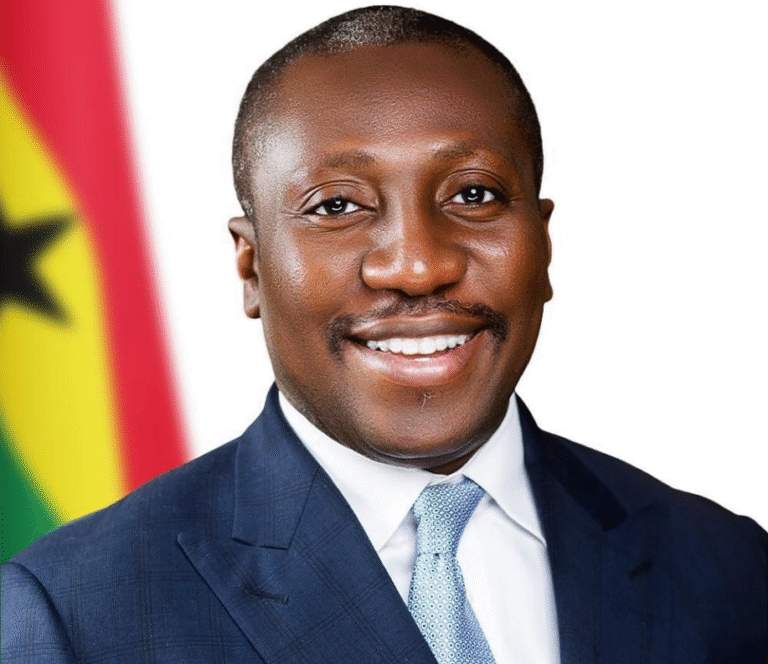The Minority Leader, Alexander Afenyo-Markin, has issued a stark warning to members of the New Patriotic Party (NPP) caucus in Parliament, cautioning that persistent internal divisions threaten not only the party’s effectiveness in Parliament but its long-term political future.
Speaking at a caucus meeting in Parliament on Wednesday, November 13, 2025, he stressed that the cost of infighting has already proven disastrous, contributing significantly to the party’s defeat in the last general elections.
According to him, the NPP’s internal fractures have weakened its ability to serve as a strong opposition, emboldened the governing side, and eroded public trust.
He noted that while debates, disagreements and varied political ambitions are normal in a democratic party, the current level of disunity has become self-destructive.
“Our people are suffering. And we are allowing our internal disagreements to become their burden,” he told the caucus, adding that the minority’s dysfunction “feeds” the government’s advantage.
Referencing the aftermath of the party’s electoral losses, he said defeat should have been a catalyst for rebuilding, but the caucus has instead repeated old patterns.
He quoted motivational writer Napoleon Hill, saying: “When defeat comes, accept it as a signal that your plans are not sound. Rebuild those plans, and set sail once more toward your coveted goal.”
He noted the failure to heed the lessons of the party’s previous loss poses an even greater danger now cautioning “You cannot capture power with a divided house,”
The Minority Leader further questioned whether Ghanaians could trust the NPP to manage the country when it continues to struggle to manage its own caucus.
“Time is not on our side. Every day we remain divided is a day the government consolidates its grip on power, a day our people lose faith in us, and a day we drift further from relevance,” he said.
He reminded the caucus of former President John Agyekum Kufuor’s advice that it is better to be a unified messenger in government than a disorganised force in opposition without influence.
Ending with a symbolic appeal, he invoked the long-held “philosophy of the broom.”
“A single strand can be snapped easily. But bind a hundred strands together—it becomes unbreakable,” he said, urging the caucus to rebuild unity and restore public confidence.
“Divided, we are fragile. United, we are unbreakable.”


